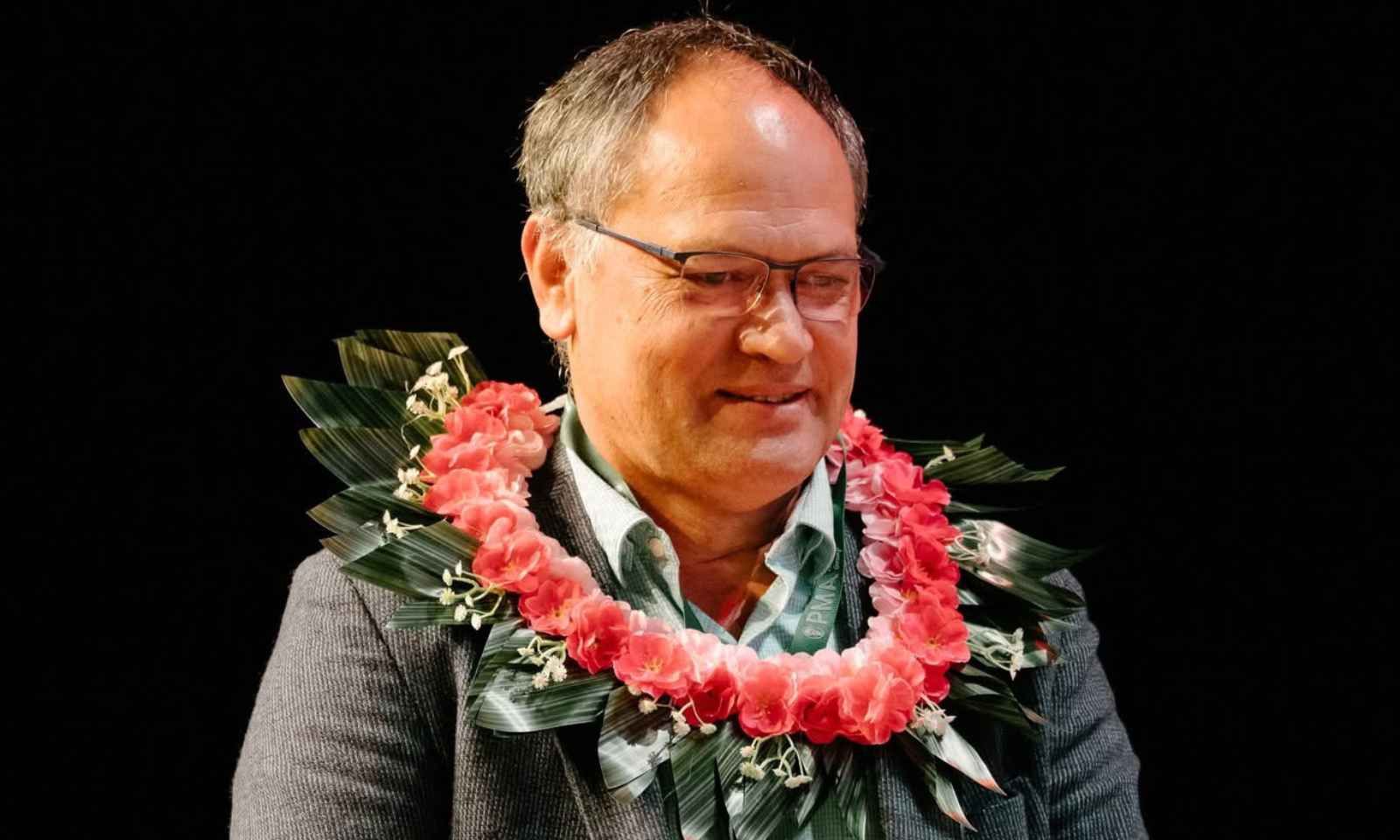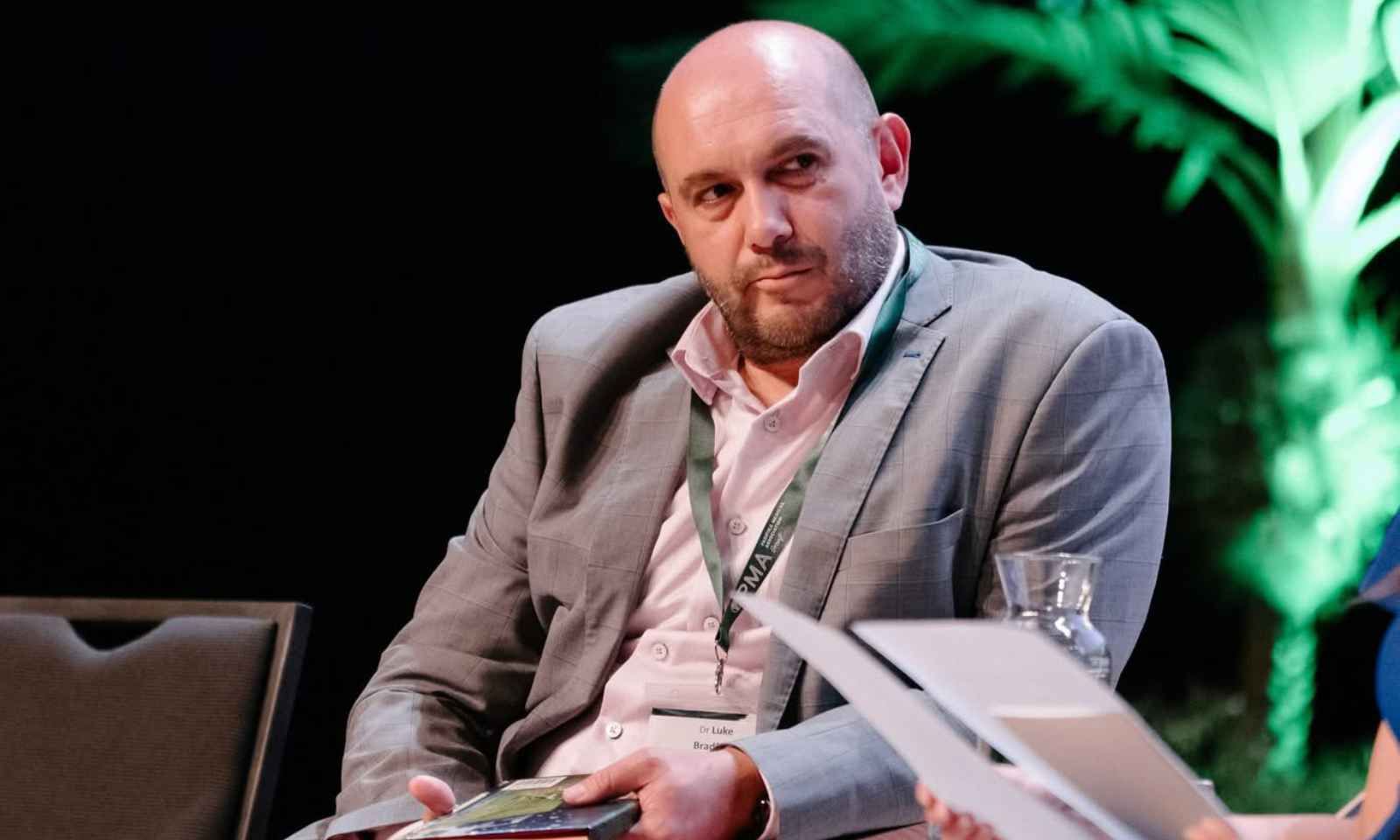

Health and Pacific Minister Dr Shane Reti faces scrutiny over the government’s shift from equity-focused Māori and Pacific health initiatives to a needs-based approach.
Photo/Supplied
Govt’s needs-based health approach dangerous - experts
Dr Tearikivao Maoate and Dr Luke Bradford have highlighted the urgent need to address systemic health inequities.



Pacific leaders humbled by recognition in New Year 2026 Honours

Pacific Bites: South Auckland weighs in on the top dishes of 2025

‘Love is justice, lived out loud’: Reverend Wayne Toleafoa honoured for service


Pacific leaders humbled by recognition in New Year 2026 Honours

Pacific Bites: South Auckland weighs in on the top dishes of 2025
The cultural performances at the Pasifika Medical Association (PMA) Conference in Christchurch this week provided entertainment and poignant reminders of the deep connection between Pacific identity and the urgent need for equitable healthcare.
Dr Tearikivao Maoate, or Dr Kiki, is a paediatric surgeon and urologist at Christchurch Public Hospital and Children's Specialist Centre, as well as the President of PMA.
He shared his insight into the conference.
"The Cook Islands and Fijian displays were powerful reminders of why we’re here.
“Culture grounds us, and it’s central to how we address health challenges in our region.”
However, beneath this celebration lies a sad, troubling reality that Pacific people in New Zealand continue to face significant health inequities.
They have a shorter life expectancy compared to the general population, experience higher rates of chronic conditions such as diabetes and certain cancers, and suffer from higher incidences of depression and anxiety.
While representation in governance has often been proposed as a solution, Maoate believes that progress must go beyond mere tokenism.
"Having someone on the governance board isn’t effective unless they can truly make a difference.
"It’s about building leadership within our communities - good doctors, nurses, and clinicians who can step up and create real change."

Dr Kiki Maoate. Photo/PMA/Facebook
Dr Luke Bradford, the medical director at the Royal New Zealand College for General Practitioners, echoed this call for more profound action.
The college focuses on training, setting standards, and providing ongoing support to ensure high-quality primary healthcare.
Its Pacific Chapter addresses the unique needs of Pacific communities, supporting GPs who identify as Pacific or serve areas with significant Pacific populations.
Bradford highlighted the systemic challenges facing Pacific communities, describing them as "a whole-of-system issue that requires attention from the very top".
He stressed that health inequities among Pacific people reflect historical and systemic neglect rather than mistakes.
“I think it's bigger than just the board of the College of GPs.
“I think we're not going to deal with the poor outcomes from diabetes, from stroke, from complications of childhood infections and liver cancer misrepresentation that we see in our Pacific peoples.
“That is a whole system issue that we have to address from the government down.”
Maoate and Bradford expressed scepticism about the Government’s shift from an ethnicity-based approach to healthcare to a needs-based approach.

Dr Luke Bradford. Photo/PMA Facebook
For Maoate, this shift could create barriers for those who need help the most.
"Whether it’s ethnicity-based or needs-based, the result should be the same. The Pacific community’s needs are among the highest, but policies like this can create unnecessary barriers and costs for our people.”
Bradford compared the policy shift to an unwillingness to acknowledge systemic inequities, calling it “an unfortunate play on words. Yes, we need to prioritise needs-based healthcare, but we cannot ignore the systemic and historical reasons why Pacific communities are among the most vulnerable," he said.
" I think the current government's refusal to acknowledge that there is a race component to health outcomes is naive at best and damaging. Dangerous at worst.”
WATCH Dr Kiki Maoate talk about the Pasifika Medical Association deploying a Paediatric Surgical Team of specialists to Vaiola Hospital in Tonga, providing specialist surgical support last year.